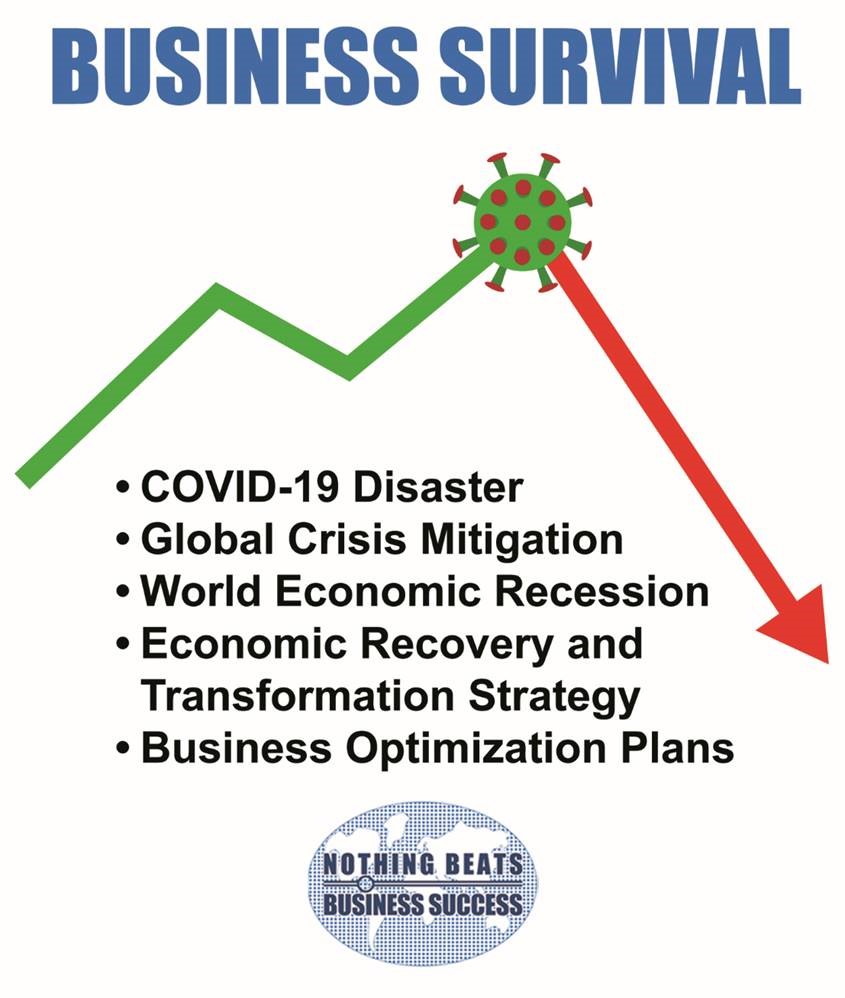“Be merciful to me, O God, be merciful to me, for in you my soul takes refuge; in the shadow of your wings I will take refuge, till the storms of destruction pass by.” – Psalm 57:1-2
In 1918, at the end of the first World War, a strain of influenza known as Spanish flu caused a global pandemic. It was the deadliest pandemic in history. In the following century, there have been many medical and technology advances which put us in a better position to tackle such a problem. Also, there has been a massive change in the ease of global travel (air and cruise) which accelerates the rate at which the virus can be spread. The success of containing and mitigating disaster from a pandemic, of course, depends on the speed at which our public and private sector leaders put their shoulders to the plough.
Left to its own devices a pandemic will result in a high rate of increase in infections. This will cause the infections to peak to a level which may be a burden on health care infrastructure at any given location. The challenge therefore is to reduce the rate of increase of infections presented to hospitals for care to a level which is within the hospital’s capacity for effective care, thus improving the odds that individual patients will survive. It is sensible therefore to protect travel across borders and cancel local events where people gather, thus decreasing the chances of both spreading the virus and effecting adequate care.
COVID-19 has spread rapidly from the East to the West. The fear factor is rampant and travel restrictions have reduced demand for goods and services globally. There has been a collapse of stock and oil prices. Manufacturers are closing, there are breaks in supply chains, and worker quarantines have played havoc with supplies. Growth has been dampened globally affecting retail and consumer businesses and the banking industry. Because of the intricate network of world trade, the virus could contribute directly and indirectly to a world economic recession.
Barbados is currently implementing the Barbados Economic Recovery and Transformation Plan (BERT) in response to a decay in socio-economic infrastructure over 10 years. Over the last few weeks, Barbadian lawmakers have been debating the 2020-2021 Estimates of Revenue and Expenditure. Prime Minister Mia Mottley has explained that her financial package will be delayed because of COVID-19 to prepare for all scenarios so that the Government can play that supporting role to the businesses and workers likely to be impacted.
In the best of times, it is recognized that businesses fuel economic growth with government providing a user-friendly enabling environment. In times of crisis, business survival then becomes the order of the day.
We must be proactive in practising the following business optimization measures: (1) revisit your value proposition; (2) plough profits back into your business; (3) enhance compatible core competencies and explore new market sectors; (4) increase profitability by containing costs and engaging the services of an expert corporation tax adviser; and (5) increase productivity of the team members by the optimal allocation of resources to tasks, motivating individuals to work in teams, formal and on-line training, use of appropriate technology, process improvement, and performance measurement and feedback.

Mankind has faced many natural, accidental, transport, industrial, political, health and manmade disasters, from time to time. We have no choice but to accept the situation when it occurs. My view is that the world will bounce back from the COVID-19 pandemic as it has from others. Wherever we are, let us listen to the health experts and cooperate with the crisis containment and mitigation practices. Let us monitor the impact of COVID-19 on the world economy and adjust by adopting our own economic recovery and transformation strategy by implementing government policy to provide an enabling environment and individual business optimization plans. Above all practise FAITH over FEAR.
